A partner you can trust
The Essential Guide to Choosing the Right Trailer Cable for Your Needs
When it comes to selecting the appropriate trailer cable for your specific requirements, understanding the various options available in the market is crucial. According to a recent industry report by IBISWorld, the demand for trailer cables has increased significantly, projected to grow at a CAGR of 4.5% over the next five years, driven by the expansion of construction and transportation sectors.
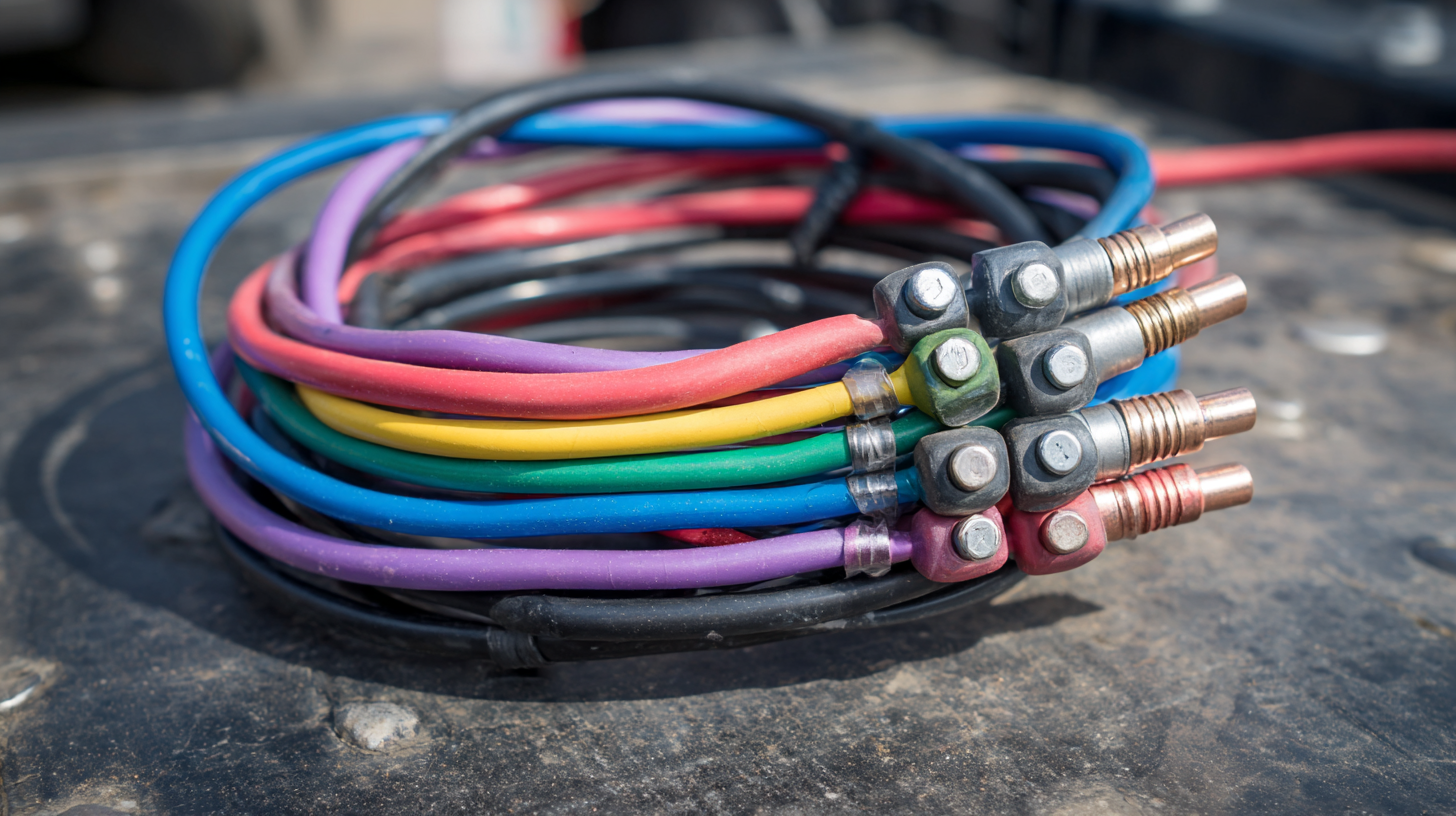 Choosing the right trailer cable ensures not only compliance with safety standards but also optimal functionality under varying conditions. As the use of trailers escalates across diverse applications—from recreational to commercial—grasping the technical specifications, such as gauge, insulation type, and compatibility, becomes indispensable for users. This guide aims to provide essential tips and insights to help you navigate the selection process, ensuring you make an informed decision that meets your operational needs while enhancing your overall experience.
Choosing the right trailer cable ensures not only compliance with safety standards but also optimal functionality under varying conditions. As the use of trailers escalates across diverse applications—from recreational to commercial—grasping the technical specifications, such as gauge, insulation type, and compatibility, becomes indispensable for users. This guide aims to provide essential tips and insights to help you navigate the selection process, ensuring you make an informed decision that meets your operational needs while enhancing your overall experience.
Factors to Consider When Selecting Trailer Cables for Optimal Performance
When selecting trailer cables, several critical factors come into play to ensure optimal performance. First, consider the type of trailer you have, as different trailers require specific cable configurations to accommodate their electrical systems. Whether it’s a standard utility trailer or a specialized type for heavier loads, the gauge of the wire plays a key role; thicker cables can handle more power and are ideal for larger trailers that may demand higher electrical loads.
Additionally, environmental factors should not be overlooked. The trailer cables will need to withstand various conditions such as moisture, extreme temperatures, and UV exposure. Look for cables with protective jackets made from durable materials like PVC or polyurethane, which offer enhanced resistance to wear and tear. Furthermore, the length of the cable is crucial; it must be long enough to reach connections without strain but not so long that it creates excess slack which could become a hazard during operation. By carefully considering these elements, you can select trailer cables that provide reliability and longevity for your towing needs.
Understanding Gauge Size and Its Impact on Electrical Load Capacity
When selecting the right trailer cable, understanding gauge size is crucial as it significantly influences the electrical load capacity. The gauge of a wire indicates its diameter, with lower numbers corresponding to thicker wires that can handle more current. For instance, a 10-gauge wire is less resistant and can support higher amperage compared to a 16-gauge wire, making it ideal for high-load applications such as powering multiple lights or heavy-duty brakes.
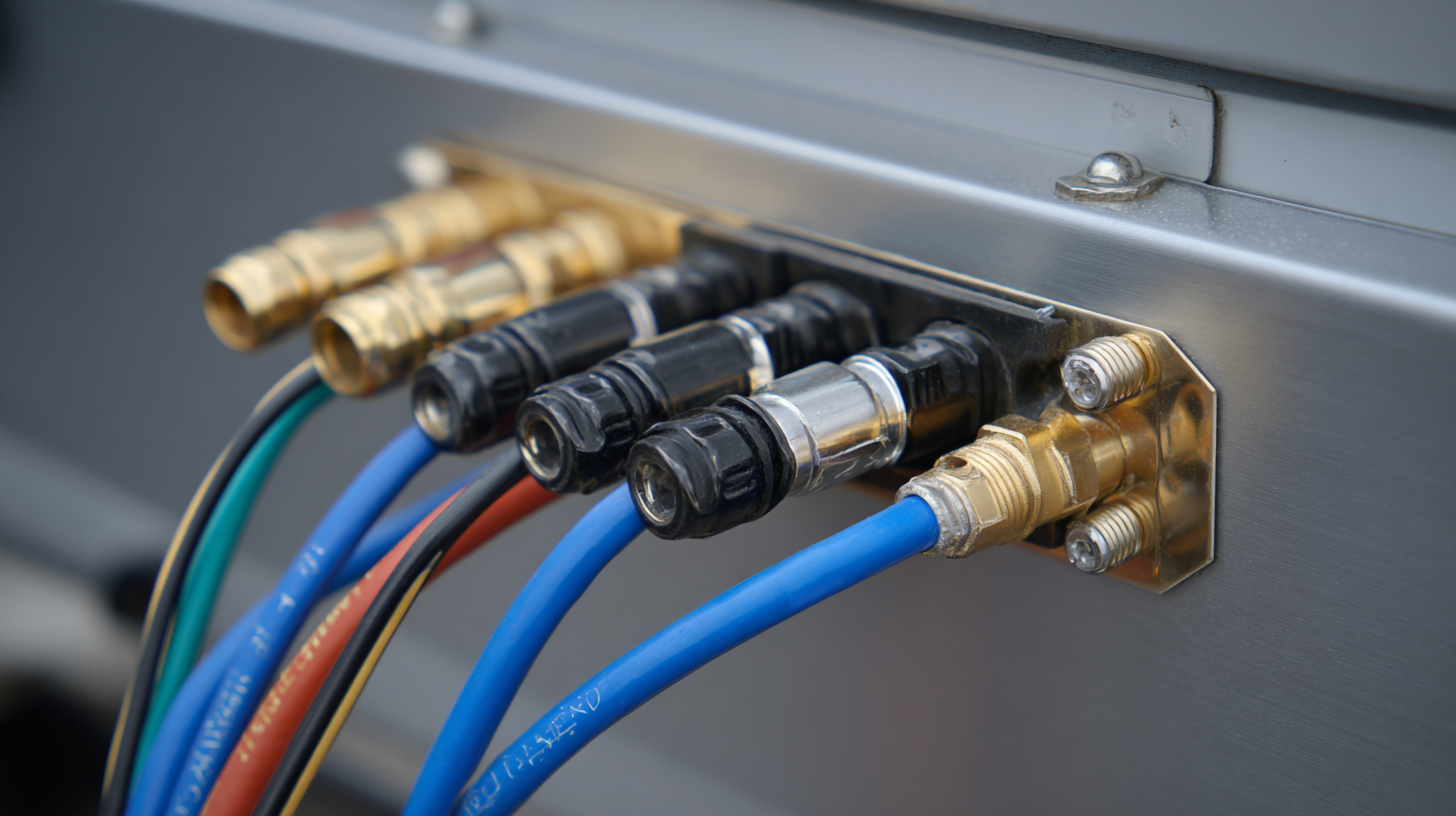
Furthermore, considering the length of the trailer cable is essential since longer cables can lead to voltage drop, impacting performance. Using a thicker gauge for longer runs helps mitigate this effect ensuring the electrical system operates efficiently. It is also vital to match the cable gauge with the specific needs of your trailer's electrical components, as improper sizing can cause overheating, failure, or even fires. Therefore, by keenly assessing gauge size, one can optimize their trailer's electrical system for safety and performance.
Different Trailer Cable Types: A Comparative Analysis of Uses and Strengths
When choosing the right trailer cable, it's crucial to understand the various types available and their respective strengths. Different trailer cable types are typically categorized into categories such as standard car wiring, heavy-duty cables, and specialized cables designed for unique applications. For example, standard trailer cables are often used for basic electrical connections but may not withstand the higher demands of heavy-duty applications, which are better served by thicker cables with reinforced insulation.
Recent market research indicates that the cable industry is projected to grow significantly, with the Global Aluminium Cables and Conductors Market expected to reach USD 70.1 billion by 2034, reflecting a CAGR of 4.5%. This growth can be attributed to the increasing demand for durable and efficient wiring solutions across various sectors, including the automotive industry, which heavily relies on robust trailer cables for optimal performance and safety. Additionally, studies on tensile fracture behavior show that strain resilience is vital when selecting cables for harsh conditions, emphasizing the importance of understanding each type’s mechanical properties.
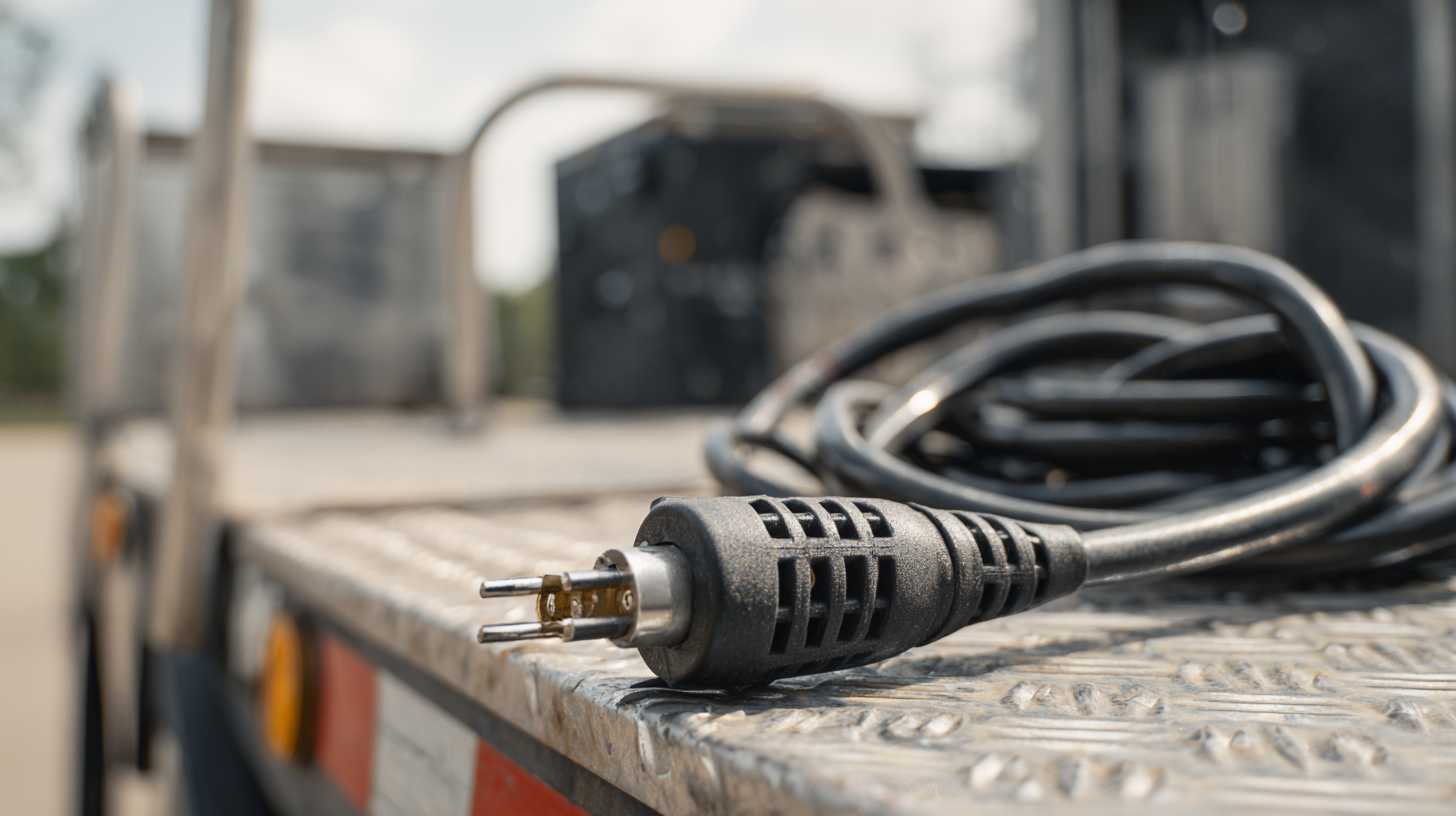
Industry Standards and Regulations for Trailer Cables: What You Need to Know
When selecting trailer cables, understanding industry standards and regulations is crucial for ensuring safety and compliance. The National Electrical Code (NEC) and the American National Standards Institute (ANSI) both provide guidelines on cable construction and performance. According to a report by the National Highway Traffic Safety Administration (NHTSA), improper wiring is a leading cause of trailer-related accidents, emphasizing the importance of adhering to these standards to mitigate risks.
Another key aspect to consider is the various environmental ratings assigned to trailer cables, specifically the Underwriters Laboratories (UL) certification. Cables rated for outdoor applications must withstand extreme temperatures and moisture exposure. A survey conducted by the Trailer Manufacturers Association revealed that over 30% of trailer users face issues related to cable connectivity due to insufficient protection against environmental factors. Using UL-listed cables not only complies with safety regulations but also enhances the durability and longevity of the wiring system in various weather conditions, ensuring a safer towing experience.
The Essential Guide to Choosing the Right Trailer Cable for Your Needs
This chart illustrates the typical gauge sizes of trailer cables used in different applications, along with their maximum current ratings. This information helps you choose the appropriate trailer cable according to your specific needs.
Common Mistakes to Avoid When Choosing Your Trailer Cable Solution
When selecting the right trailer cable, avoiding common mistakes is crucial to ensure optimal performance and safety. One frequent error is failing to consider the cable’s gauge. According to the National Electrical Manufacturers Association (NEMA), using a wire gauge that is too small can lead to insufficient current carrying capacity, resulting in overheating and increased risk of failure. For instance, a 16-gauge wire can handle significantly less current than a 12-gauge, which may be necessary for heavier loads often transported by trailers.
Another mistake is not evaluating the cable's specifications adequately. Many users overlook crucial details such as moisture and abrasion resistance, which are vital for outdoor applications. A study by the Wiring Harness Manufacturers Association (WHMA) suggests that environments subject to extreme weather or physical wear require cables designed with enhanced protective features. Ignoring these aspects can lead to premature deterioration of the cable, ultimately affecting the trailer's operational efficiency and safety.
The Essential Guide to Choosing the Right Trailer Cable for Your Needs - Common Mistakes to Avoid When Choosing Your Trailer Cable Solution
| Cable Type | AWG Gauge | Length Options | Applications | Common Mistakes |
|---|---|---|---|---|
| Standard Trailer Wire | 16 - 12 AWG | 25 ft, 50 ft, 100 ft | General trailer lighting | Choosing incorrect gauge |
| Heavy-Duty Trailer Cable | 10 - 8 AWG | 25 ft, 50 ft, 75 ft | Brake lights, electric brakes | Overlooking insulation rating |
| Coiled Trailer Cable | 14 - 12 AWG | 5 ft, 10 ft | Flexible trailer connections | Neglecting length needs |
| Marine Grade Trailer Wire | 14 - 8 AWG | 20 ft, 50 ft | Saltwater environments | Using non-waterproof cables |
Related Posts
-

7 Essential Factors Driving the Demand for High-Performance Trailer Cables in 2024
-

How to Effectively Utilize Shore Power Cables for Sustainable Energy Solutions
-

Essential Guide to Understanding Twin and Earth Cable Specifications and Applications
-

The Ultimate Guide to Choosing the Right Outdoor Electrical Cable for Your Needs
-

5 Essential Tips for Choosing the Right Metal Clad Cable for Your Project
-

10 Essential Tips for Sourcing Electric Cables Effectively in 2023
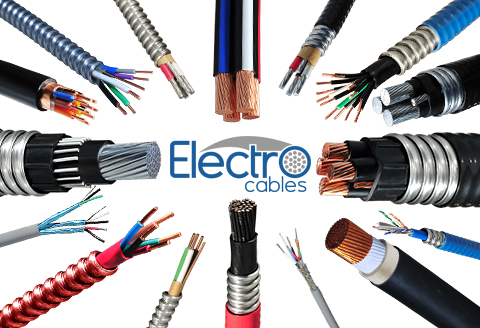
Products
Products
LEARN MORE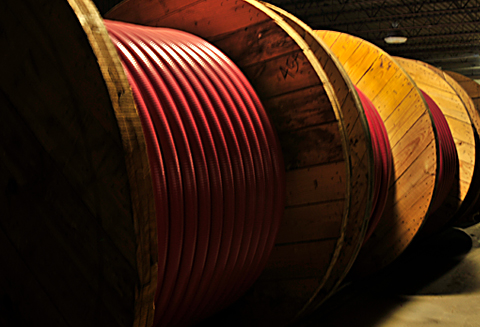
Current Inventory
Current Inventory
LEARN MORE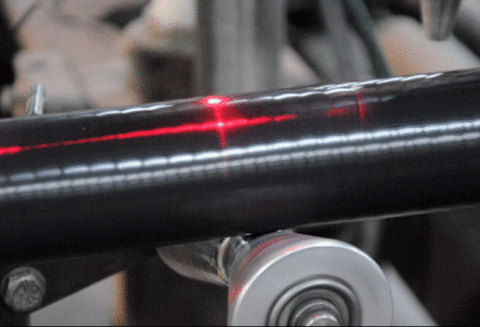
Custom Solutions
Custom Solutions
WE CAN HELPLighting Power & Control-Signal Cable
This content is restricted to site members. If you are an existing user, please log in. New users may register … LEARN MORE “Lighting Power & Control-Signal Cable”
LOOKING
FOR HELP?
We are here to help. You can contact us or create an account online to have access to special products, technical specifications and our new online quote tool.
ELECTRO CABLES
9 Riverside Drive
P.O. Box 276
Trenton, Ontario
CANADA K8V 5R5
N.A. Toll Free: 888-ELECTRO
(1-888-353-2876)
World: 613-394-4896
Fax: 613-394-4101
Email: sale@machinecables.com
We manufacture cables that are certified by the Canadian Standards Association (CSA), listed by Underwriters Laboratories and/or listed by Intertek (ETL).
Our quality management system is registered to ISO 9001: 2015. Our team is dedicated to consistently providing quality service and products to our customers.

© 2025 ELECTRO CABLES • SITE BY SNAP 360•
